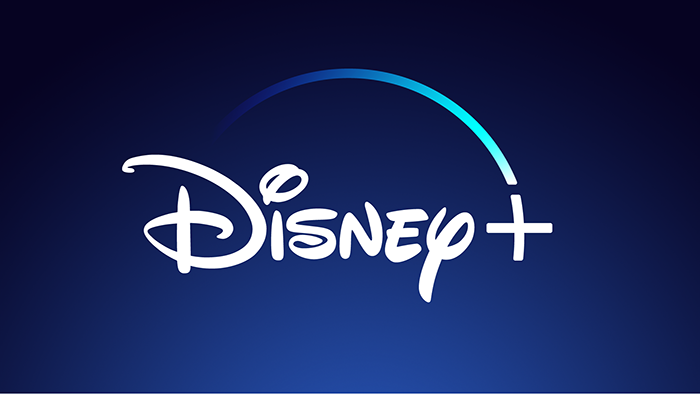More than ever, people love streaming. Yes, it’s expensive. In fact the average home spends as much on streaming apps now as they did on cable TV a decade ago. That hasn’t dimmed much of our enthusiasm, though.
The other day I was in a local restaurant and I saw that the TV was dark. This was a family restaurant that normally played a lot of Disney movies. I had a feeling I knew what had happened, but I asked anyway.
“Why isn’t the TV on?” I asked. Here was the response.
“Well, you know, the kids loved watching Disney and the parents said it helped keep’em quiet. So we put on Disney+. But those (expletive) lawyers sent me a letter saying I couldn’t have it on in the restaurant! I pay for Disney+, I even have a separate account for the restaurant. But they said they would sue and I can’t afford it. So I guess it’s back to crying kids.”
A sad story, but is it unfair?
A lot of times, when we talk about businesses getting in trouble, it’s because they’re using their personal accounts at work. This is a strict no-no and I’ve personally seen businesses get in real trouble for it. But in this case, the business owner thought they were in the clear. They had a separate account for the business, with a business credit card paying the bill. They were transparent, they didn’t try to hide or cheat anyone.
It didn’t matter, and here’s why.
Copyright law in this country doesn’t make sense.
I’ve written several articles about copyrights on this blog. At the moment, the copyright for movies and videos extends 75 years after the death of the author, or a total of 75 years if the author is considered to be a business. That’s a very long time. But that’s not the problem here.
You know how there’s a verbal disclaimer on sports programs that goes something like, “This copyrighted broadcast is the property of the National Football League and is licensed for private performance only” or something like that? That’s the problem.
In this country there are at least three kinds of performance copyrights. First there is private performance. This is like you, in your house, watching Lilo and Stitch. This is perfectly legal in the sense that you agreed to certain terms when you signed up for Disney+. (You don’t remember doing that? You probably just clicked “Agree.” We all do it.)
Then, there’s “fair use.” This is what gives teachers the right to show movies in class. The idea here is they’re not making money off it, they’re doing it for the benefit of society. Fair use is often abused beyond its original intent, but it’s one of those things that never gets prosecuted.
And finally, there’s “public performance.” With public performances, the idea is that you’re operating a business and you understand that part of the service you provide is the TV that’s on in the corner. It enhances your business, so it’s making you money. And copyright law says that the person who created the program on TV is entitled to some of that money.
Business prices vs. Residential prices
Although the price for television is often the same for business customers, the way it’s calculated is different. Businesses are charged based on their rated fire code occupancy, with larger businesses getting charged more. That extra money goes straight to the copyright holder, because the law says they’re entitled to it.
This is why, if you’re a business owner, you probably pay more for things like NFL Sunday Ticket and other sports programming. And it’s why streaming apps either have higher prices for businesses, or more commonly they don’t allow streaming in businesses at all.
That’s where this restaurant owner went afoul. Disney figured out he was paying a residential price for a commercial product. And that, my friends, isn’t allowed
A better way to retain customers
Don’t risk getting in bad with the world’s largest corporations. It’s all too easy for them to figure out where you are when you stream. They will come looking for you. When they do, it won’t end well.
Instead, get satellite TV for business. You probably won’t pay much more than you would for residential service, unless you’re a really big business. Best of all, you won’t get a visit from the bloodsucking lawyers.
Want to know more? Call Signal Connect, a DIRECTV for Business National Accounts dealer. We know how to navigate the ins and outs of the licensing process. We know how to make it easy for you. And best of all we’ll treat you like you deserve to be treated. Give us a try! Call 888-233-7563 during East Coast business hours. We’ll show you what real customer service is all about.




